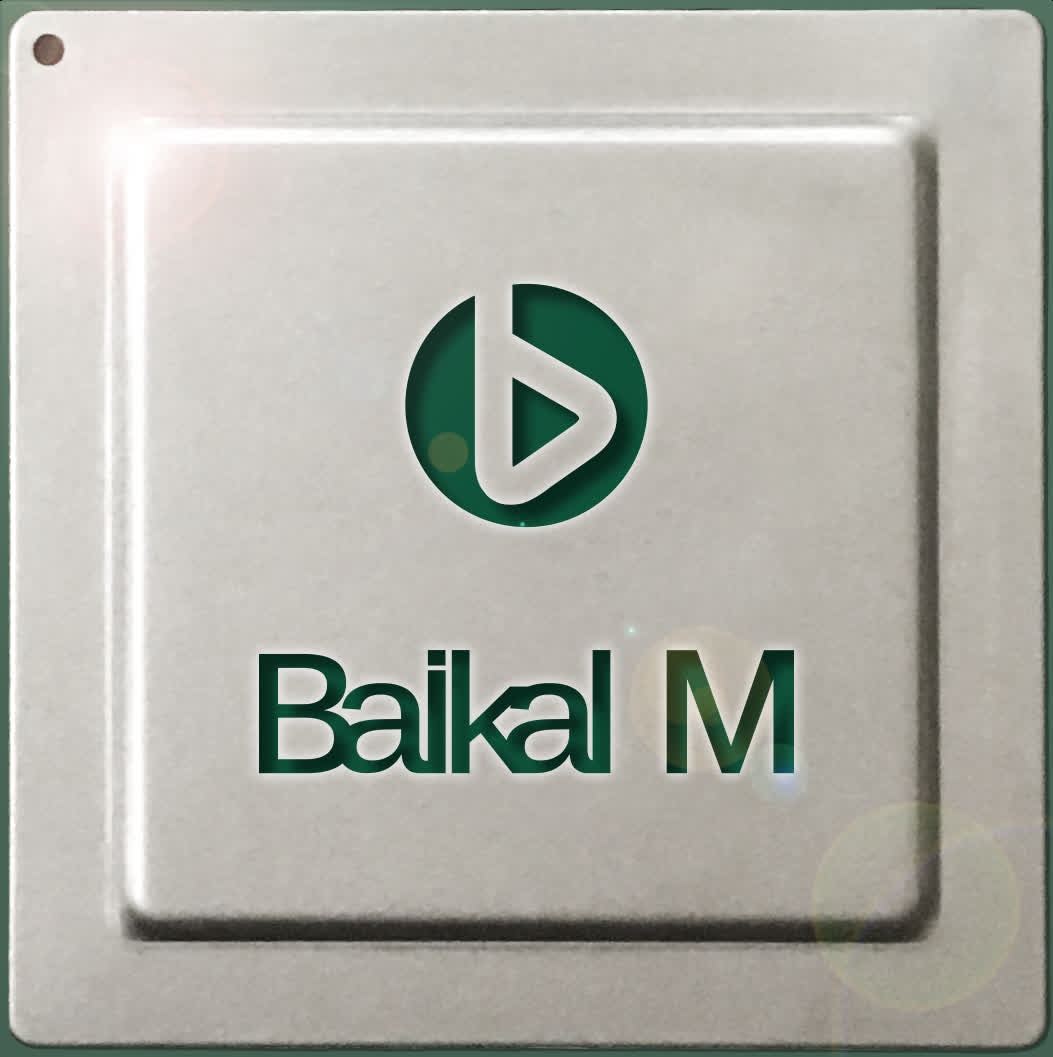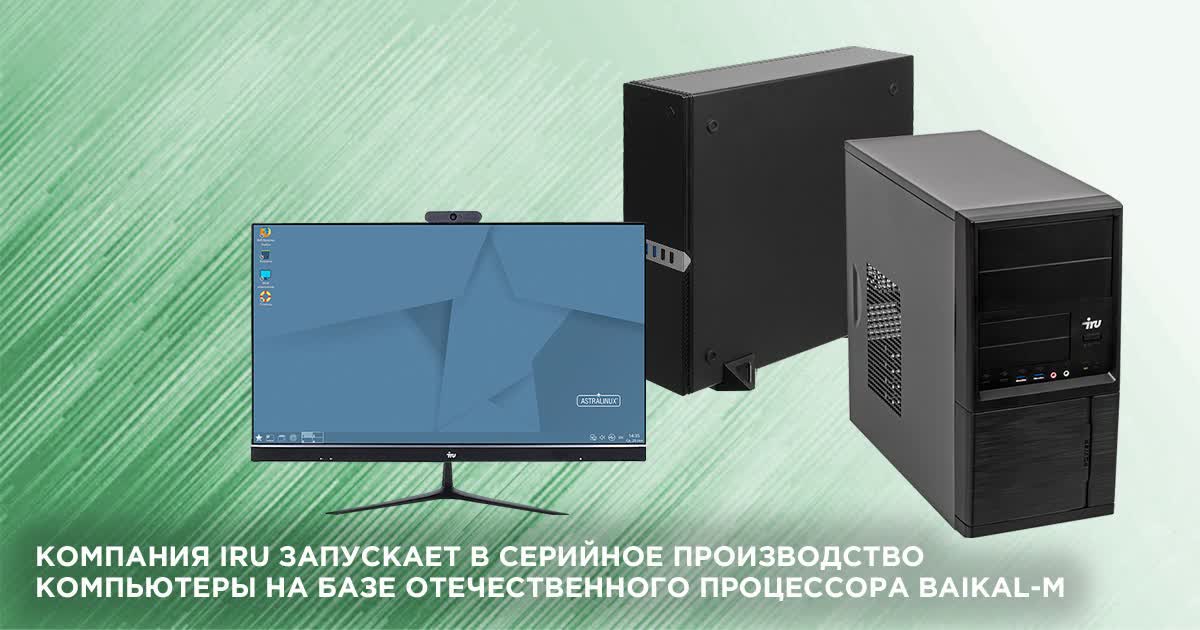In brief: With Russia trying to lessen its reliance on US-sourced technology, one of the country's big PC makers, iRU, has started mass production of systems that use domestic components, creating what could be described as all-Russian PCs.
As reported by The Register, iRU's PCs come with ARM SoCs from Russian fabless semiconductor company Baikal. The Baikal-M chip isn't going to threaten Apple's similarly named M1 SoC. It features eight Arm Cortex-A57 cores running at up to 1.5GHz, an eight-core Mali-T628 GPU, 35W TDP, dual-channel DDR3/4 support, 4MB L2 cache and 8MB L3 cache, PCIe 3, USB 3.0 and 2.0, and four Ethernet controllers (two at 10GB, two at 1GB). It is based on TSMC's aging 28nm process.
The ARM Cortex-A57 was launched in 2012 and used in the Snapdragon 810 SoC that arrived in 2015 and the Tegra X1, which powers the Shield TV. Its successor, the A72, is part of the quad-core Broadcom BCM2711 SoC found in the Raspberry Pi 4.

The PCs also offer the Astra Linux distro, Alt OS, Red OS, and other Russian software. In the case of Astra, it is designed to be secure enough for use by the Russian government and military. Baikal said all software installed on the machines is approved by Russia's Ministry of Telecom and Mass Communications and Ministry of Industry and Trade.
iRU is offering a 23.8-inch all-in-one desktop, a standard tower, and a small form factor PC. They come with up 32GB of RAM and between 1TB and 3TB of storage. No word yet on their prices.
Like China, Russia has long been trying to move away from foreign-sourced technology, especially for its government and military branches. But that often results in products that can't compete with their modern Western equivalents.
